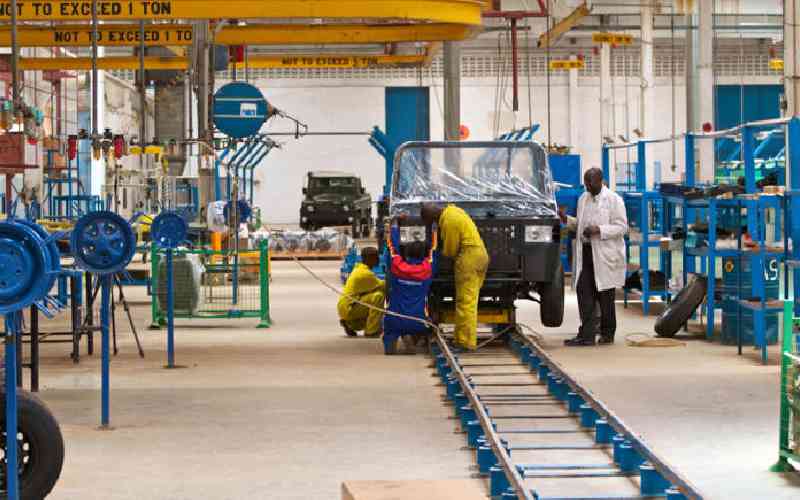×
The Standard e-Paper
Fearless, Trusted News

When Joel Jackson embarked on building Mobius, he believed he had figured out what an ideal vehicle for Kenya and Africa would look like.
He envisioned a no-frills SUV that did not have such nonessentials as air conditioning and automatic windows keeping the production costs low, high ground clearance to enable the vehicle to handle potholes and "ruggedised" suspension for the generally rough terrain.